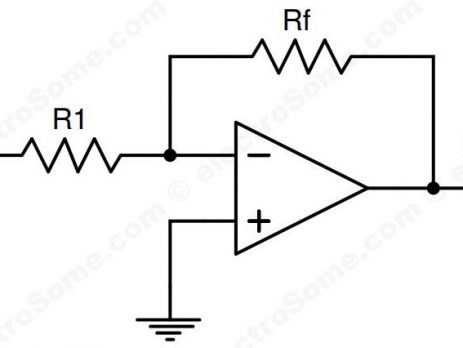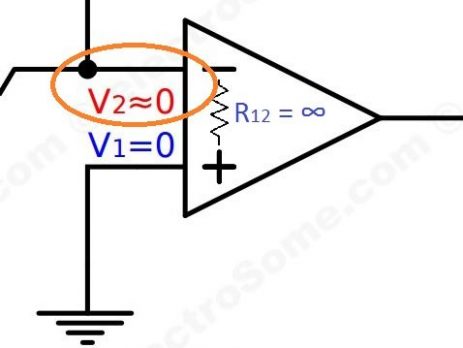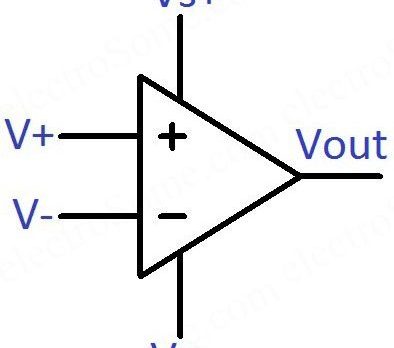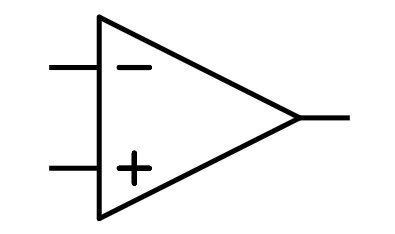Opamp, operational amplifier basics explained for beginners or students. Opamp circuits tutorial, circuit diagram and detailed working explanation.
Inverting Amplifier using Opamp
Inverting amplifier is an amplfier whose amplfied output is negatively proportional to the input. Its gain will be negative. For eg. if we provide sine wave input, its amplified output will be 180° out of phase with input. When the input is voltage is increasing, output voltage will decrease and vice versa. Recommended Reading : Opamp - Operational Amplifier We all know that the open loop gain of an operational amplifier is very high for practical applicaitons. So...





